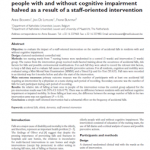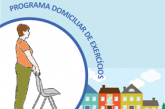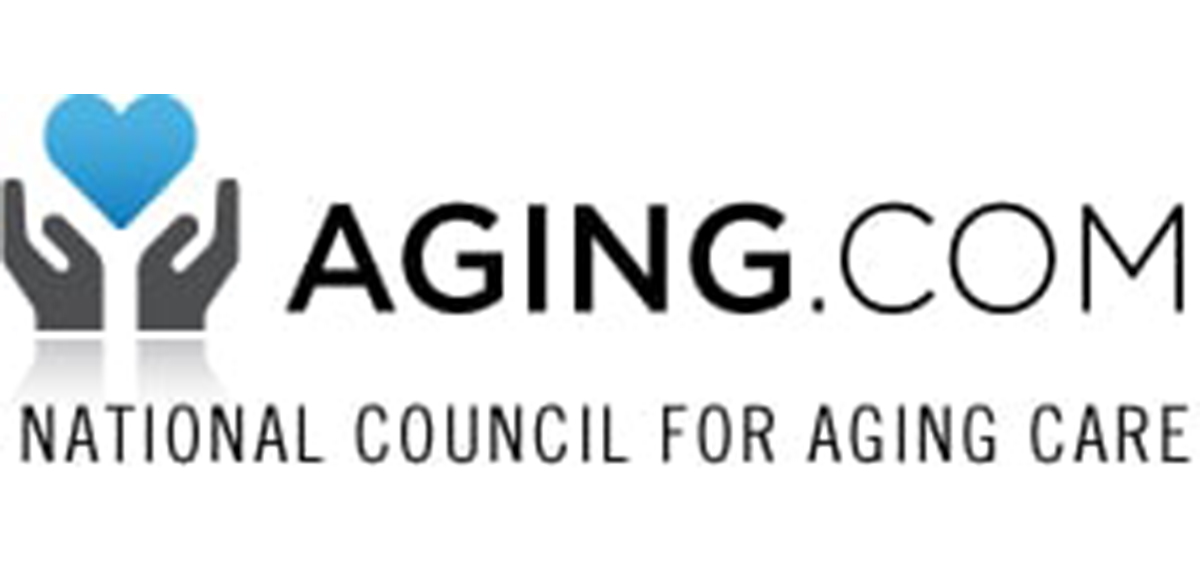Objective: to evaluate the impact of a staff-oriented intervention on the number of accidental falls in residents with and without cognitive impairment.
Design: clustered randomised controlled trial.
Methods: ten nursing wards from 7 nursing homes were randomised in a control (5 wards) and intervention (5 wards) group. The nurses from the intervention group received multi-faceted training about the occurrence of accidental falls, risk factors for falls and possible environmental modifications. For each fall they were asked to record the relevant risk factors, to keep a fall diary and to evaluate fall causes and possible preventive actions. For all residents, cognition and mobility were evaluated using a Mini-Mental State Examination (MMSE) and a Timed Up and Go Test (TUGT). Fall rates were recorded in an identical way for 6 months before and after the start of the intervention.
Main outcome measures: primary outcome measure was the number of participants with at least one accidental fall requiring an intervention by a physician or a nurse during each period of recording. Secondary outcome was the number of falls for each participant during each period of recording.
Results: the relative risk of falling at least once in people of the intervention versus the control group adjusted for the pre-intervention results was 0.46 (95% CI: 0.26-0.79). There was no difference between residents with and without cognitive impairment or impaired mobility. In those falling at least once, the difference between the average number of falls in the two intervention arms was not significant (P = 0.10).
Conclusion: a simple staff-oriented intervention had a substantial effect on the frequency of accidental falls.
Available via Pubmed: Bouwen et al. 2008



